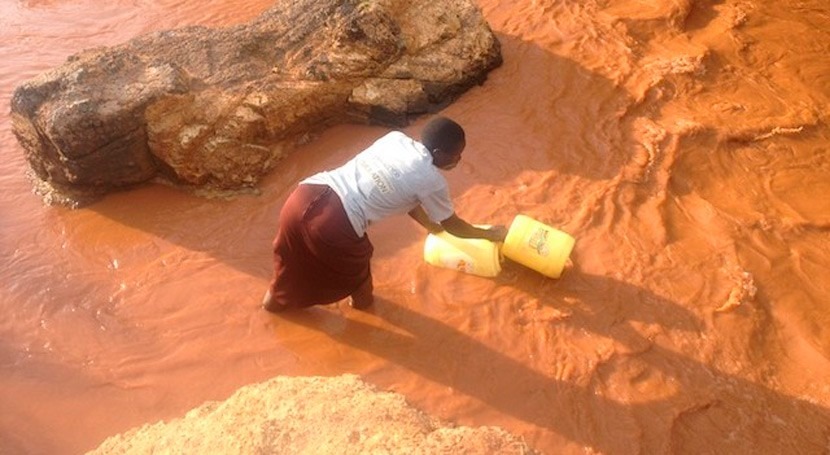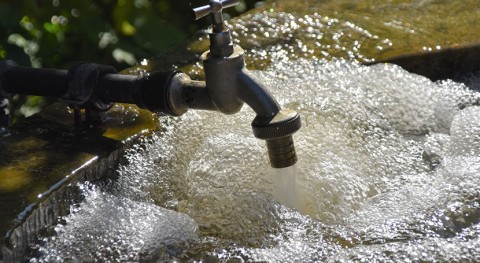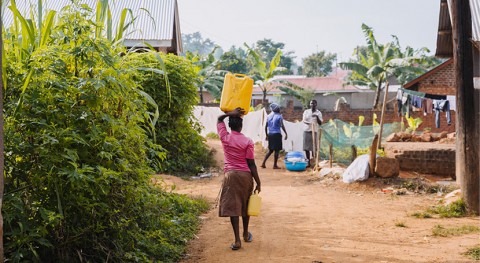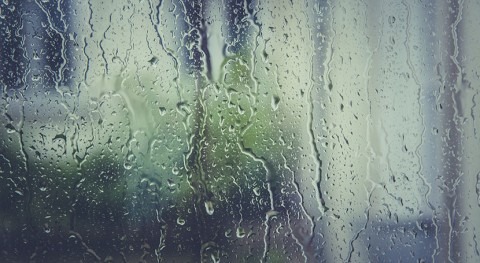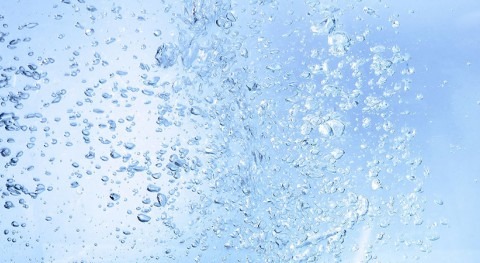The World Economic Forum lists water crises among the top 10 most likely and impactful global risks. Most water metrics to date have only focused on water quality or water availability at national and regional scales. There has been a critical gap, though, in the ability to identify which households experience issues with reliably accessing safe water in sufficient quantities for all household uses, from drinking and cooking to bathing and cleaning — until now.
Northwestern University anthropologist Sera Young is leading a multi-disciplinary, international team of more than 40 researchers, which has developed a new tool that can fill this data gap and provide actionable, policy relevant information to address the global water crisis.
The 12-item Household Water Insecurity Experiences Scale (HWISE) quantifies experiences of household water insecurity in an equivalent way across low- and middle-income countries. Based on data from more than 8,000 households in 23 countries, the HWISE Scale measures the multiple components of water insecurity (adequacy, reliability, accessibility and safety) across disparate cultural and ecological settings. In addition, it only takes 3 to 5 minutes to ask the 12 simply phrased items.
The questions prompt respondents to reply “never, rarely, sometimes, often or always” to experiences with water insecurity in the last four weeks, including:
- How frequently did you or anyone in your household worry you would not have enough water for all of your household needs?
- How frequently did you change what was being eatenbecause there were problems with water (e.g. for washing foods, cooking, etc.)?
- In the last 4 weeks, how frequently has your main water source been interrupted or limited (eg, water pressure, less water than expected, river dried up)?
With these responses, a water insecurity score can be generated for each household. These data can then be used to better understand the prevalence of water insecurity, its causes and consequences, and to inform policy development.
“Our ability to quantify experiences with food insecurity have been transformative of our understanding of the prevalence and consequences of worry about food,” said Young, lead author of the study and associate professor of anthropology and global health in the Weinberg College of Arts and Sciences at Northwestern. “We expect this metric to be similarly transformative for water.”
The researchers have found that higher HWISE Scale scores (i.e., greater water insecurity) are strongly associated with greater food insecurity and stress, lower economic productivity, physical injury, altered infant feeding practices and adverse health.
“Given the power of the HWISE Scale to benchmark global household water insecurity, as well as inform national and regional policy, we are partnering with UNESCO and Gallup to raise resources for the inclusion of the tool in the Gallup World Poll,” said Young, also a faculty fellow with the University’s Institute for Policy Research. “We also seek to implement the scale in nationally representative surveys. Further, numerous NGOs are currently using the tool to monitor and evaluate ongoing projects and plan to share their findings soon.”


